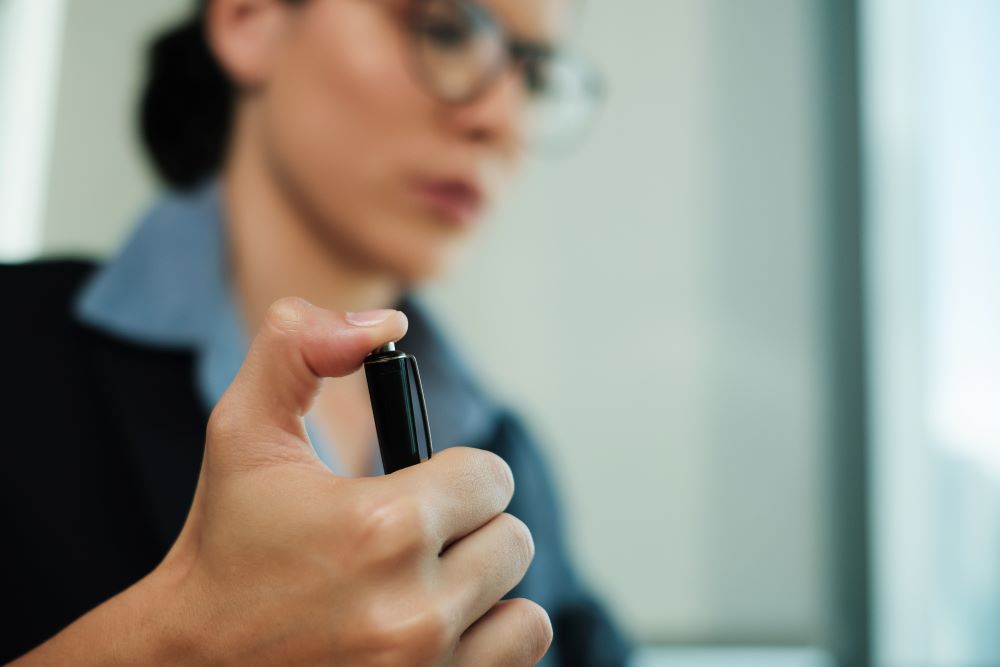
Process addictions — a term for an addiction to certain actions — are just as real as substance use disorders. People who struggle with process addictions find positive feelings of pleasure and reward by engaging the habit they are addicted to. Process addictions may develop as a person begins to rely on a behavior as a source of happiness, particularly when it is a coping mechanism for dealing with emotional pain, grief, or trauma that has not been addressed.
Over time, repeating these behaviors causes the brain to develop a pattern that results in an individual feeling pulled toward the addictive habit. Although there are no chemicals involved, these addictions become compulsions. People with process addictions will engage in destructive behaviors in order to feel good, although they know that there are consequences. The Guest House treats substance use disorders and process addictions, as well as co-occurring mental health conditions. Continue reading for more information.
A Common Response to Trauma
Unfortunately, process addictions are a common response to trauma. The feelings that one gets from engaging in these behaviors can serve as self-medication to the many emotions that come from trauma. The Guest House is here to help you unravel the root cause of your addiction and help you learn to heal.
Disrupting Your Life
Although process addictions don’t have chemicals that impact your brain in the way that alcohol or drugs do, these addictions still disrupt the lives of those living with them. Research has shown that substances “target the brain’s reward system by flooding the circuits with dopamine, a neurotransmitter that regulates emotion, motivation, and pleasure among other things,” says Barbara O’Dair for TIME.
“When the system is activated at a normal level, it rewards natural behaviors. When drugs overstimulate the system, however, they can produce euphoric effects, strongly reinforcing the drug use.” These scientists have come to learn that the flooding of dopamine plays a role in learning and memory, which helps us to go from liking something to being addicted to something.
They have also learned that these patterns are not just associated with substances, but also with behaviors — process addictions. “The same circuits [teach] us to repeat non chemically mediated behaviors just as compulsively,” says O’Dair. What’s even more difficult about process addictions is the fact that you can become addicted to things that you need for survival.
Who Can Become Addicted?
Although there is no hard and fast rule to calculate who can become addicted to something, there are signs that we can follow that might point us in the right direction. Some people are able to do things in moderation, like only having one drink or shopping for needs instead of wants. For others, however, this does not satisfy them.
It’s difficult to pinpoint exactly how many people become addicted because there are not many statistics out there on process addictions. O’Dair reports that 6% (20.3 million people) of the population of 12-year-olds and older meet the criteria for a substance use disorder. That doesn’t factor in nicotine addictions, process addictions, undiagnosed or treatment-averse. It truly is impossible to tell how many more millions meet the criteria for an addiction when there are so many unknowns.
There are, however, ways we can look at addictive behaviors to predict who may be at risk for an addiction. One key factor is genetics. O’Dair reports that “researchers estimate that genetics play anywhere from a 40% to 60% role in a person’s vulnerability to addiction.”
Furthermore, epigenetics and your environment play a huge role. You can carry a gene that may predispose you to addiction, but “if certain chemical, environmental or experiential factors don’t activate the epigenome, the underlying gene might do you no harm.” This theory very much factors into the nature-versus-nurture debate, one that has been discussed at length.
Another thing that plays a role in process addictions is a person’s temperament. People who are thrill-seekers may be more apt to take risks and try new things, substances, gambling, unsafe sex, and other things that one may become addicted to. For those, however, who are not high-stakes thrill-seekers, they may not find substances, gambling, unsafe sex, or these other things fun. “That may mean a life of fewer thrills,” says O’Dair, “but it also may mean fewer disasters.”
Becoming Cross-Addicted
“Similarities exist between substance and behavioral addictions just as similarities exist between specific substance-use disorders,” says O’Dair. This is why many people addicted to substances also qualify for having a gambling addiction, for example. This is why it’s important to be self-aware and know when it’s time to put down that drink or quit trying for another game of poker. It’s also important to be aware of the signs so that you can help a loved one who may be struggling with addiction.
The Guest House is here to help you deal with your process addictions, as well as the trauma that may have driven you to develop these addictions in the first place. We have the tools, programs, and knowledgeable staff to help get you into recovery. We can teach you skills that will keep you in recovery long-term. Call our trained and caring staff today at (855) 372-1079. We can’t wait to speak with you and help get you started on your recovery journey today. Call us now, you won’t be disappointed!